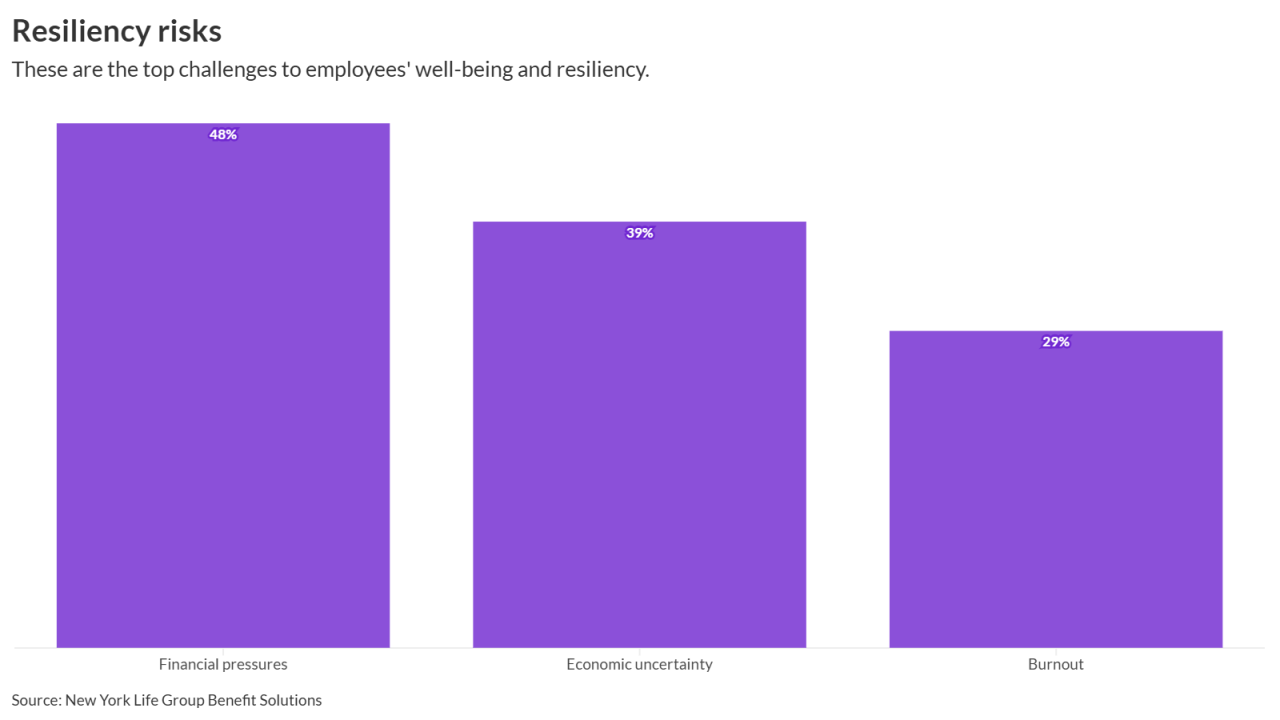The pandemic has further proved that healthcare is not only a necessary service, but a potentially lucrative industry, and a few newcomers are taking note.
Healthcare is the fifth largest economy in the world, and global healthcare spending could surpass $10 trillion this year, according to a report by Business Wire. But with nearly $200 billion worth of medical debt in the U.S. alone, this industry is hardly the pinnacle of accessibility and affordability. However, as tech giants like Amazon, Apple, Alphabet (Google’s parent company) and Microsoft turn their attention and resources to the
Susan Lang, the CEO of prescription drug consulting and analytics firm XIL Health, doesn’t foresee these tech giants fully integrating themselves within the healthcare market anytime soon.
Read more:
“The reality so far is that healthcare is very complicated, and it takes a long time to penetrate,” says Lang. “But healthcare is a $4.1 trillion industry in the United States, and if I’m a tech company who wants to expand to [an area with] the most users and impact, then I clearly would be looking at healthcare.”
But that doesn’t mean finding success would be an easy feat. While Lang believes that tech companies will continue to push their technology — whether it be Amazon’s virtual care clinics, an Apple Watch, Google’s AI or Microsoft’s cloud platform — into the healthcare space, that does not mean the companies themselves will become healthcare companies within the global market. EBN spoke with Lang to gain more insight into what stands in the way for even the most successful tech giants.
Why won’t big tech companies be able to integrate themselves into the healthcare market anytime soon?
You can’t penetrate the market through technology alone. There's got to be some true melding between technology and healthcare experts in this space because of its complexity.
Think about how tech companies can come up with minimally viable products, like the version 10 operating system from Microsoft. You could throw out that into the market, even if it has glitches. [But that’s] not the same as making sure that people are actually getting the treatment and medicines they need correctly. Minimally viable products tend to be very difficult in healthcare because you're affecting people's access to care.
Read more:
Healthcare is also a highly regulated market. When it comes to commercial health benefits, you’re dealing with 50 state laws, 50 state taxes and 50 state licenses. If you're playing in the Medicare and Medicaid space, there are even more regulations, on top of what's happening in commercial space. So healthcare is not a space where you can just throw out a consumer product and have uptake.
Would tech companies in healthcare benefit consumers at large?
In my opinion, they’re looking to reduce their own employee benefit costs. It's not unlike the coalition between Berkshire Hathaway and JP Morgan: there was a coalition that said, ‘Okay, we all have all these employees, so let's get together and reduce our own health benefits cost. And then if that works, we will push that out commercially to the market.’
For example, Amazon now owns PillPack, which is a small mail-order pharmacy and doesn't change the economics of the industry at all. Amazon also has these experiments on the medical side, with clinics dealing with different types of care, like physical therapy. Does that really change anything for employer-sponsored healthcare at large? [These tech companies] are piloting with a couple of other companies, but that really hasn't materialized in a big way that would change the economics.
Read more:
What should these tech companies keep in mind as they continue to experiment within the healthcare market?
When you're in healthcare and you're dealing with patients, not everything is standardized. Everybody's body responds differently. Tech companies may try to democratize and bring services to everybody while reducing costs — but at the same time, they have to standardize a product that won’t fit everybody.
But I do think that technology will continue to penetrate this market. There are so many problems to solve in healthcare. There's so much misalignment that if these companies really work on solving individual problems, like virtual care access, they can have a tremendous impact.





